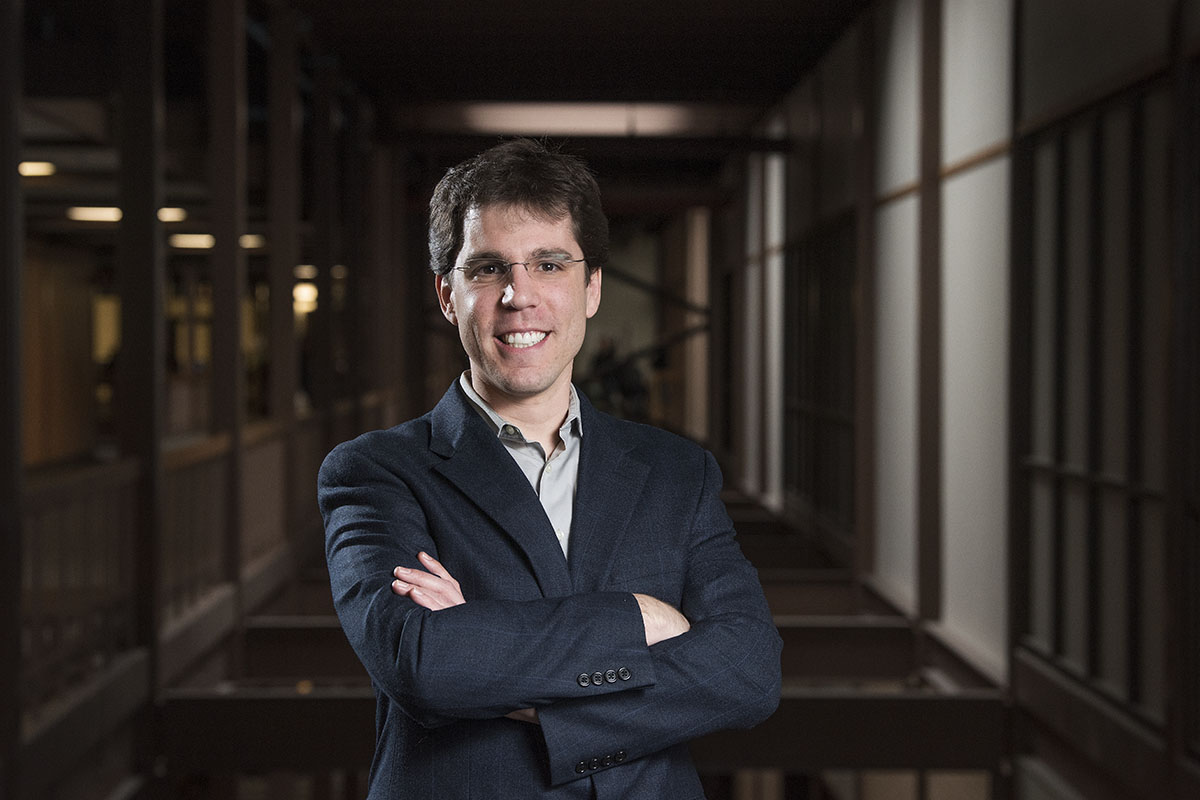Eduardo Blanco
Eduardo Blanco
Eduardo Blanco, an assistant professor with the University of North Texas College of Engineering, intends to use a $500,000 NSF Faculty Early Career Development Program (CAREER) grant to teach computers the intricacies of negation.
“To a computer trying to understand human language, the word never can be perplexing. What computers don’t seem to understand is that never doesn’t always mean no,” Blanco said. “A good example of this involves a sentence with conditions. The sentence, ‘Joe never leaves the house in the morning without a coffee in his hand,’ is understood by humans to mean that Joe does leave the house in the morning and that he always does so with a coffee in his hand. Currently, intelligent systems would have trouble understanding that Joe leaves his house.”
The five-year grant will allow Blanco to build novel resources and algorithms to enable intelligent systems to understand the numerous positive interpretations hidden in sentences containing negation.
“The first part of this project will develop an extensive collection of negations and their positive interpretations,” Blanco said. “Fortunately, I won’t be doing this alone. The NSF grant will allow me to bring in both graduate and undergraduate students to help.”
After compiling the negations and interpretations, Blanco’s team will develop computational algorithms to automatically recognize negation, generate positive interpretations and do so in context. The work could help smart devices and computers carry on more natural conversations with humans, provide better language translations and benefit any application that requires language understanding.
CAREER is one of the National Science Foundation's most prestigious awards. It supports early-career faculty who have the potential to serve as academic role models in research and education.





